To study in Canada, you'll need to apply for a Canadian study permit, which acts as a student visa for the duration of your stay. If your course or programme is six months or shorter, you do not need a Canadian study permit. Nonetheless, applying for a permission before coming to Canada may be a smart idea - otherwise, if you decide to continue your studies in a different programme, you'll have to leave Canada and apply for a study permit through a visa office.
If you desire to continue your studies after receiving a Canadian study permit, you can apply to renew it from within Canada. A study permit allows full-time students enrolled in a recognised higher education institution to work part-time on campus. You may also be able to work off-campus, participate in a co-op or internship as part of your degree, become a permanent resident of Canada, or find work after graduation.
Canada Student Visa Approval Rate
Nearly 51 percent of total applications for Canadian student visas were accepted, according to data issued by Immigration, Refugees and Citizenship Canada (IRCC) in 2020. Due to the ongoing pandemic and travel limitations, the percentage of people who accept has dropped. The table below depicts the trend in the acceptance rate of overseas students for Canadian student visas over the last six years (2014-2020).
|
Years |
Acceptance Rate (Approx.) |
|
2014 |
72% |
|
2015 |
70.5% |
|
2016 |
69% |
|
2017 |
67.5% |
|
2018 |
66% |
|
2019 |
61% |
|
2020 |
51% |
|
2021 |
68% |
Intakes in Canada
Universities throughout Canada are accepting applications for three-semester programmes. The following is a list of international student intakes in Canada.
- Fall: Lasts from September through December.
- Winter: Lasts from January through April.
- Summer: Lasts from May to August.
Canada Student Visa Requirements
To apply for a Canadian Student Visa, interested individuals must submit the following documents:
Proof of Enrollment: Applicants who are currently enrolled in a designated learning institute (DLI) must present a letter of acceptance with their application.
Proof of Identity: Applicants and accompanying family members must provide the following papers as proof of identity:-
- A passport or other travel document that is valid.
- Two current passport-size pictures, each with the person's name and birth date inscribed on the back.
Proof of Financial Support: Students must be able to cover their living expenses while studying in Canada. As proof of financial support, applicants can submit the following documents: -
- A bank's proof of a student loan
- Guaranteed Investment Certificate (GIC) from a Canadian financial institution that is a participant.
- Bank statements for the last four months
- If the applicant has transferred money to Canada, proof of a Canadian bank account in their name is required.
- A letter from the sponsor certifying that adequate funds are available.
- Applicants who have been given scholarships or are enrolled in a Canadian-funded educational programme must provide proof of funding from within the country.
Minimum Funds Required for Applicants and Family Members
|
Category |
Outside Quebec (Additional to the tuition) |
In Quebec (Additional to the tuition) |
|
Applicant |
10,000 |
11,000 |
|
First Family Member |
4,000 |
5,100-3,800 |
|
Every additional accompanying family member |
3,000 |
5,125-1,903 |
|
Accomodation in Canada |
6,000-8,000 |
5,000 |
|
Food |
3,600 |
3,264 |
|
Miscellaneous |
4,200 |
3,816 |
NOTE:- All amounts are in Canadian dollars (CAD).
Documents in Support
Explanation Letter:- This letter, also known as a SOP for a Canada student visa, informs the visa officer about the applicant's goals and intentions.
Certificat d'acceptation du Québec (CAQ):- Applicants wanting to study in Quebec must get a Certificat d'acceptation du Québec (CAQ) from the Ministère de l'Immigration, Diversité et Inclusion (MIDI). Students can acquire all of the information they need about applying for CAQ from the DLI where they are enrolled.
Eligibility for Canada Students Visa
Students applying for a study permit in Canada must meet the following requirements:
- Applicants must be enrolled in a recognised educational institution (DLI).
- Applicants must show proof of sufficient cash to cover the following costs:-
- Tuition costs
- Expenses for living in Canada for oneself and any family members following them.
- Return transportation costs for themselves and any family members that accompany them to Canada.
- An eligible applicant must be a law-abiding citizen with no criminal record and must not pose a threat to Canada's security. Students may also be required to present a police certificate.
- It is critical for applicants to be in excellent health, and they may be required to produce a certified medical certificate if necessary.
- Applicants must demonstrate to an immigration official that they will leave Canada at the conclusion of their approved stay.
Requesting a study permit in Canada
You can apply for a study permit in Canada either online or on paper, which you can get through the Citizenship and Immigration Canada (CIC) website. Paper applications often take twice as long to process, and it's always a good idea to double-check processing timeframes ahead of time. You'll need a credit/debit card to apply online, as well as the capacity to produce electronic copies of your supporting documents (i.e. using a scanner or camera). The visa office in your country will provide you precise instructions on the documents you must submit; these instructions will differ based on your location. You can seek help at your nearest visa application centre if you need it (VAC).
Application Fee: 150 CAD
Biometric Fee: 85 CAD
- Apply for admission to one of Canada's universities, pay your tuition, and wait for an acceptance letter from the DLI.
- Check to see if a Canadian study permit is required. All international candidates who desire to visit Canada must obtain an eTA.
- Prepare all application-related documents.
- GIC purchase
- Apply for the applications
- Take the medical exams.
- Make a biometric appointment and an interview.
Online Application vs Paper-Based Application
The following is the basic procedure and the difference between a paper and an online application:
|
Paper Application |
Online Application |
|
Prepare documents, certified copies, and translations of documents |
Create an online account with CIC |
|
Fill out the application form |
Provide past academic information as well as programme information (opted for study in Canada) |
|
Pay Application and Biometric fee |
Login with your email address and the password that was emailed to you. Upload the essential papers and pay the visa fees online. |
|
Submit application at visa application centre (local visa office) |
Submit the application online and keep track of it using the provided email and password. |
Entry Visas Required for Studying in Canada
International candidates seeking a Canadian student visa must have a TRV (temporary resident visa) or an eTA (Electronic Travel Authorization) to enter Canada.
Visa for Temporary Residency (TRV)
A Temporary Resident Visa, also known as an entry visa, is an official document that certifies that an applicant has satisfied all of the requirements for temporary residency in Canada. An immigration official issues a TRV to be inserted in the applicant's passport.
Procedure for Applying for a Temporary Resident Visa (TRV)
International applicants can apply for TRV either online or in person. Despite the fact that the document requirements are comparable, candidates who apply using the offline form must submit their TRV applications to the visa centre or office in their home country. The parts that follow go over the online and offline application processes for TRV.
Canadian TRV Online Application Process
To apply for a Canadian TRV, applicants can use the Come to Canada Wizard and the MyCIC site. The same portals can be used to apply for a Canadian work permit, a Canadian study permit, a temporary residence visa, and an Electronic Travel Authorization (eTA).
Application Fee: 200 CAD
- Create an account and check your eligibility
- Fill out the application
- Personal Information
- Languages Known Background Data
- Information About Your Family
- Submission of Required Documents
- Identity as a Nation
- Getting in Touch
- Employment Specifics
Offline Application Process for Canadian TRV
- The applicant must complete the 'Transit visa' form.
- Examine your eligibility
- Obtain the application package
- Complete the application form.
- Make the application fee payment.
- Submit your application and any relevant documents.
Applicants must apply for a Canada Student Visa and a Canadian Temporary Resident Visa in order to study in Canada. Applicants must provide the following documents to the visa office:
|
Country |
Visa Office |
|
India |
Via Express Entry or New Delhi Visa Center |
|
China |
Via Express Entry or Hong Kong SAR |
|
Saudi Arabic |
Via Express Entry or London Visa Center |
|
South Korea |
Via Express Entry or Manila Visa Center |
|
United States of America |
Via Express Entry or CPC-O |
Travel Authorization by Electronic Means (eTA)
An Electronic Travel Authorization (eTA) is a paperless document that is electronically linked to the applicant's passport and allows visa-exempt foreign citizens to enter Canada. Students can apply for eTA online on the CIC website. There is also a 7 CAD application fee.
The Application Procedure
- Apply online through the CIC website.
- The form cannot be saved to be completed later. As a result, it is advisable to have all of the necessary information on hand. The following information is necessary.
- The passport must be valid.
- Email address that is valid
- Visa, Mastercard, American Express, UnionPay, JCB Card, and Interac are accepted to pay 7 CAD FOR Eta.
- Pay 7 CAD after the form is completed.
- An email regarding the eTA application is received.
Note: Once an eTA is obtained, applicants can travel to Canada for brief visits (up to 6 months) as long as the eTA remains active.
What exactly is a Student Direct Stream (SDS)?
International students in China, India, the Philippines, and Vietnam can now apply for the Canadian Student Visa through the Student Direct Stream, which is a faster and easier process.
Documents Required for the Student Direct Stream (SDS)
- Students will need the following documents to apply for a student visa in Canada through the Student Direct Stream:
- Candidates must submit their most recent secondary and post-secondary academic transcripts.
- Acceptance letter from a Designated Learning Institution (DLI).
- To stay for more than six months, students must pass a complete medical examination.
- Applicants must provide verification of a Guaranteed Investment Certificate (GIC) worth at least $10,000 CAD.
- It is required to submit proof of complete tuition payment for the applicant's first year of study.
- International students must demonstrate language proficiency by taking one of the following tests: IELTS with a minimum score of 6.0 or Test d'Evaluation de Français (TEF) with a minimum score of 7.
Reasons for Rejection of a Canada Student Visa
International students seeking a Canadian Student Visa who meet all of the admissions standards are usually positive about their chances. It has been found, however, that a study visa for Canada may be denied even if the applicant meets academic and admission standards for an institution. Some of the most common grounds for IRCC rejection of a Canadian student visa are given below:
Financial Insufficiency: If an immigration officer detects financial insufficiency, a study visa for Canada application may be denied.
Choice of Program: If the visa officer challenges the applicants' selection of a programme, the visa may be denied.
Acceptance Letter: If the applicant's acceptance letter is challenged, the permit may be denied. If the visa officer has reservations about whether the application meets the basic standards, the student visa may be denied.
Incomplete Trip or Identity Documents: If there are too many blank areas in the travel history and there is no proof of supporting documents to cover those periods, the permission may be denied. If the identity documents are insufficient or difficult to understand, the chances of rejection increase.
Intent to Return to Home Country: Documents indicating the applicant's intent to return are required to demonstrate that the applicant will not remain in Canada after the student visa expires.
Lack of Job Prospects in Home Country: Applicants who do not have a job offer or do not have job prospects in their home country may conclude that they wish to reside in Canada.
Applying Against Study Permit Refusal
There is a lack of a quick and effective method for appealing a negative decision made against a study permit for Canada. There are three options for applicants whose student visa application has been denied. These are as follows:
- Reconsideration Request
- The Federal Court of Canada will hear the appeal.
- Send in a New Application
Renewal of Study Visa for Canada Application
If an applicant's study permission expires before the end of the programme, they must apply for a visa renewal. The basic procedure for doing so is outlined below:
- Apply for a new student visa at least 30 days before your current one expires.
- Applications can be submitted either online or by mail.
- Apply for a TRV extension.
Students should be aware that their study permit applications will be thoroughly reviewed by an immigration officer who will verify the accuracy of the information and documentation presented. Following that, eligible applicants will receive a letter indicating the date, time, and location of the interview.
If an application is denied, all supporting documentation will be returned to the applicant, along with an explanation of why the application was denied. An applicant's study visa expires 90 days after completing the programme. Applicants who intend to work while studying in Canada must acquire a work-study visa.
Next steps after Applying
If your Canadian student visa application is granted, you will be given a Port of Entry (POE) Letter of Introduction, while students from countries that require an Electronic Travel Authorization (eTA) and/or a temporary residence visa will be given these if necessary. The eTA will be associated with your passport. It is critical that you travel using the passport that you used to apply for your study permit. The eTA will be valid for five years or until the expiration of your passport, whichever comes first.
Present these, along with your passport, evidence of finances, and letter of acceptance (along with any other documents recommended), to the Canada Border Services Agency (CBSA) in Canada, who will then issue your Canadian study permit and allow you to enter the country.
Working while studying in Canada
If you want to work part-time while studying in Canada, you can now work on or off-campus for up to 20 hours during university semesters and full-time during breaks such as the winter or summer holidays without needing a work visa.
To be eligible, you must:
- You must have a valid study permission.
- You must be a full-time student.
- Be enrolled in a post-secondary designated learning institution or, in Quebec, a secondary vocational programme
- Be enrolled in a six-month academic, vocational, or professional training programme that leads to a degree, diploma, or certificate.
To work in Canada or obtain benefits and services from government programmes, you will also need a Social Insurance Number (SIN) from Service Canada.
Your study permit will expire 90 days after you finish your degree, so you'll need to obtain a post-graduation work permit if you wish to stay in Canada after finishing your studies and looking for work. This is good for a period of three years.






























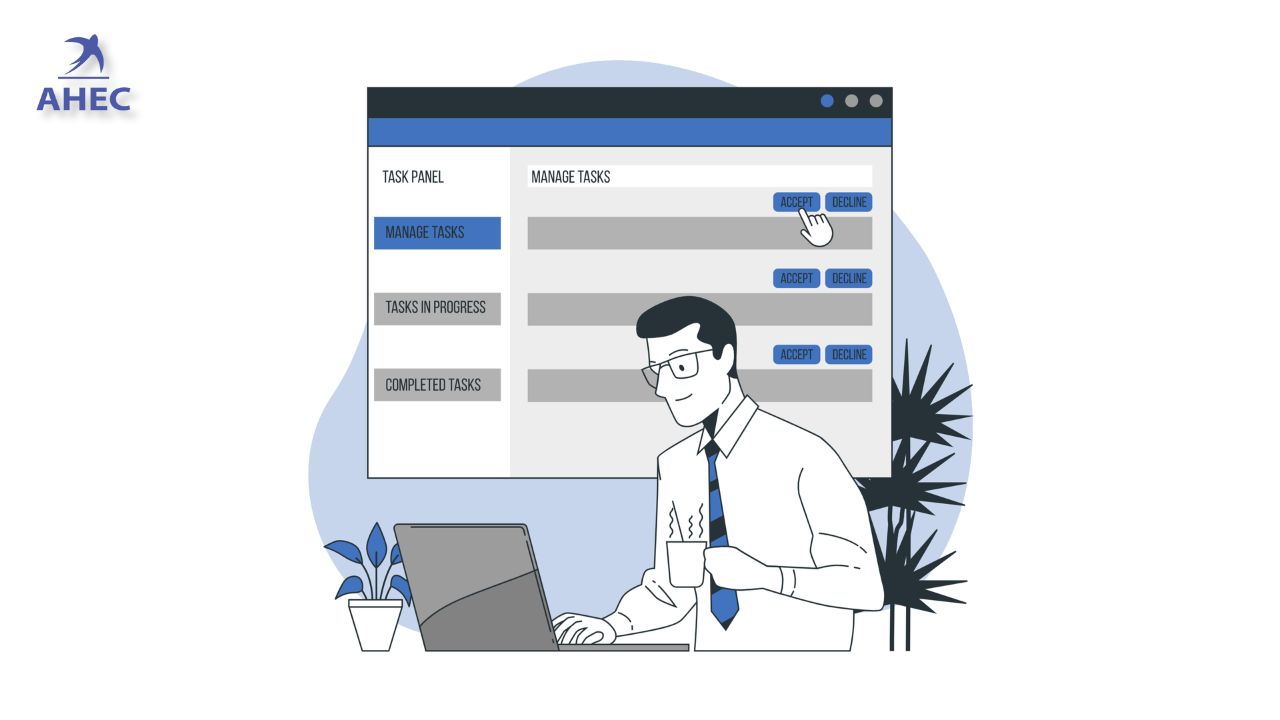



















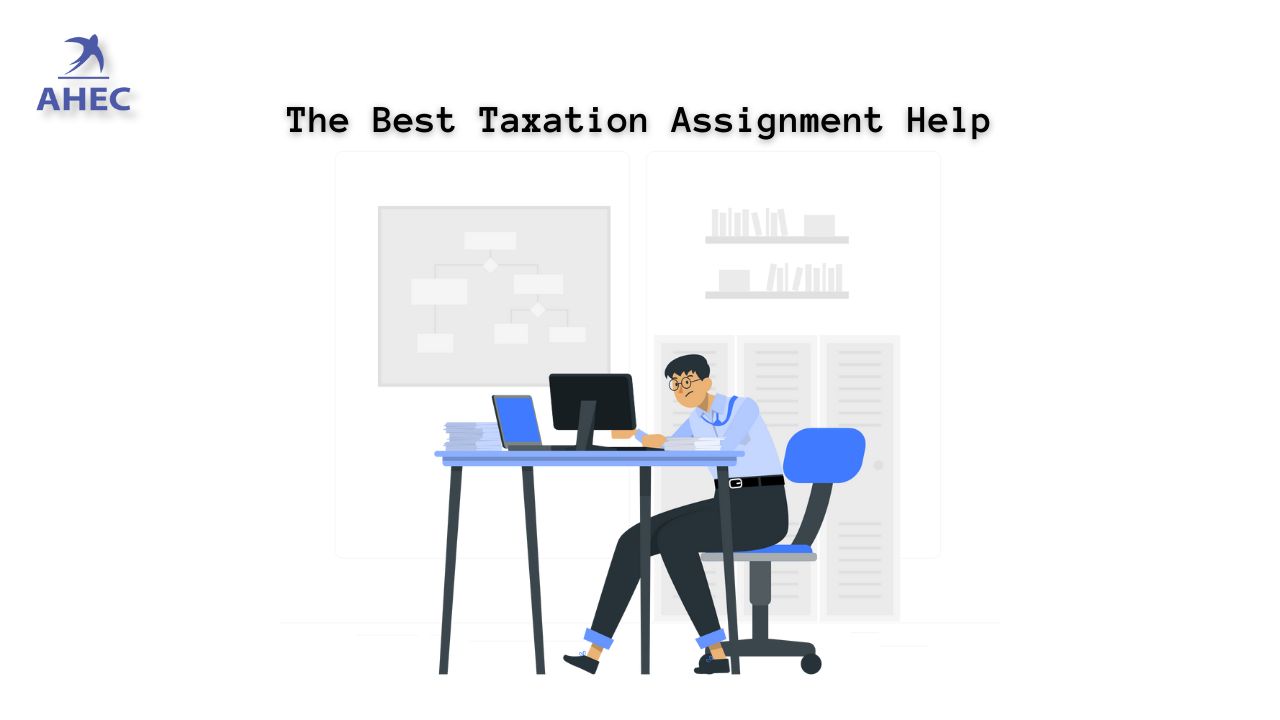












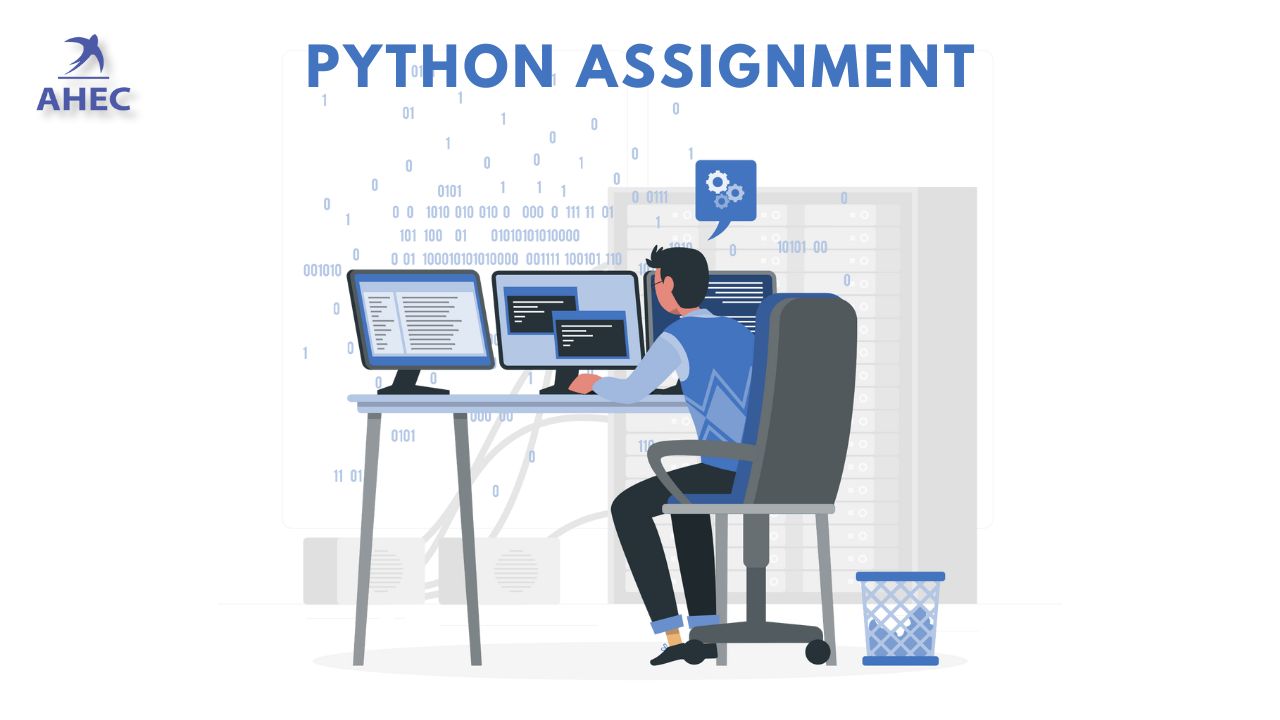


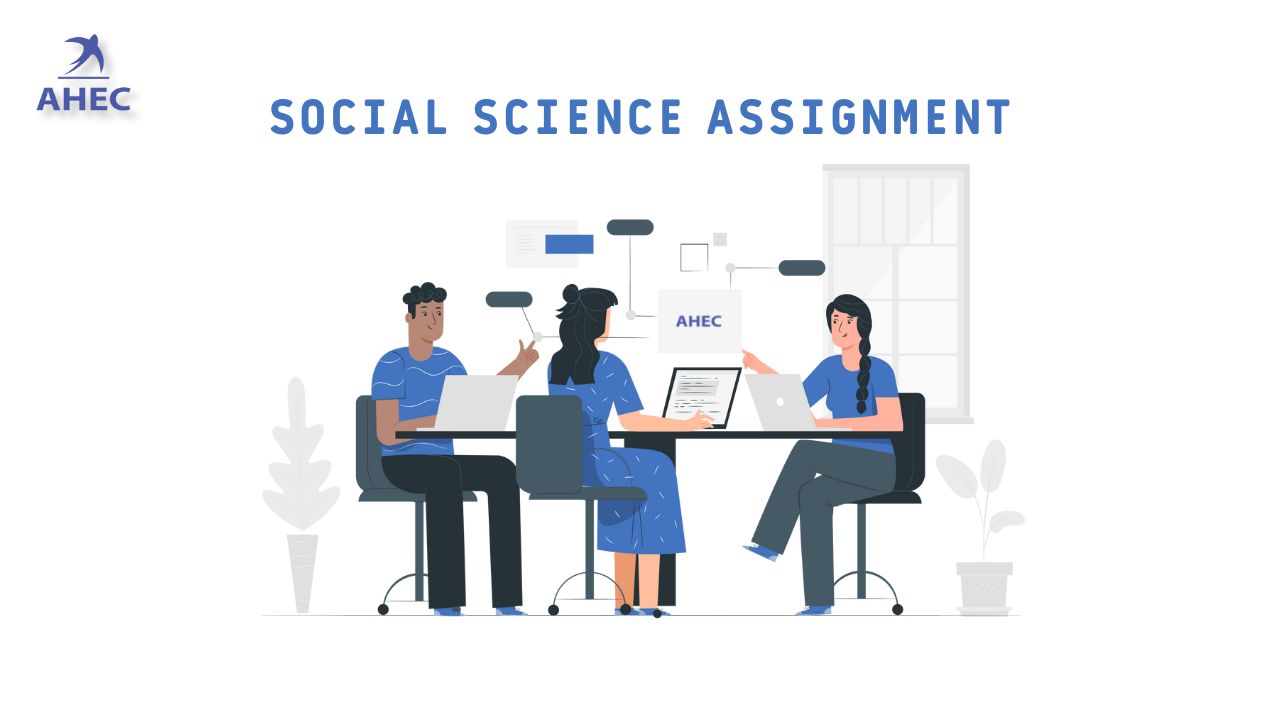







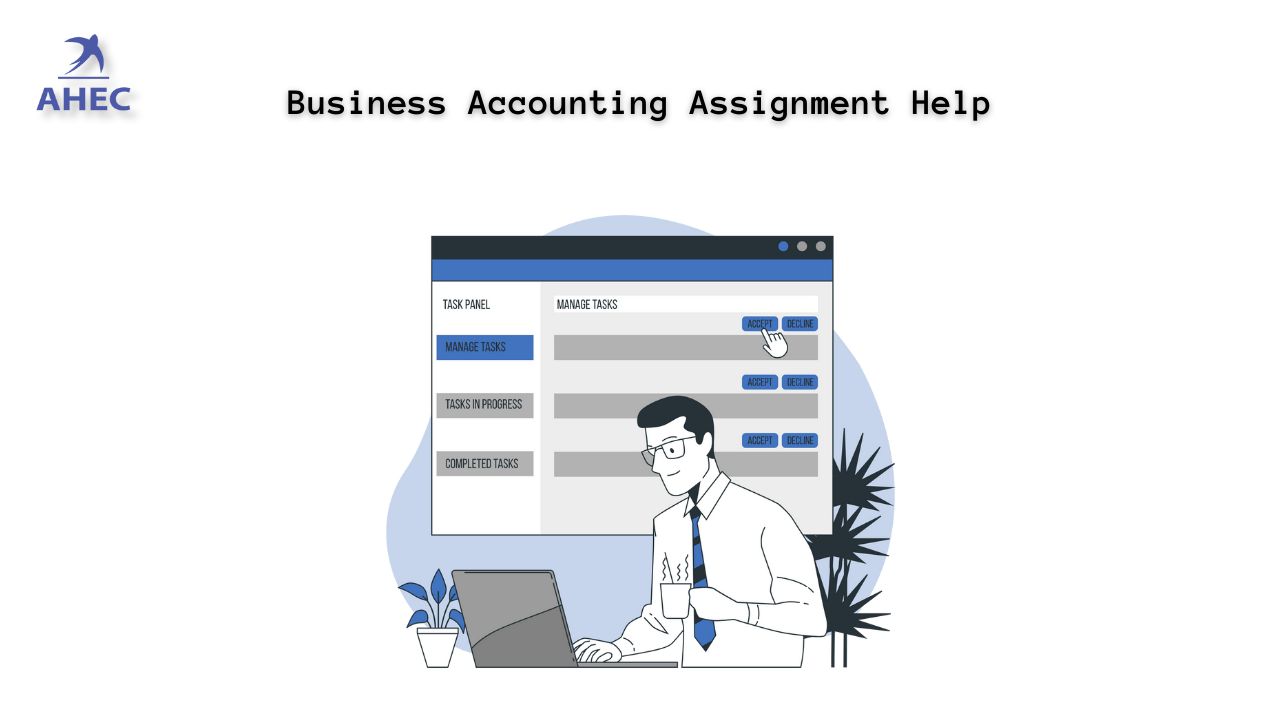




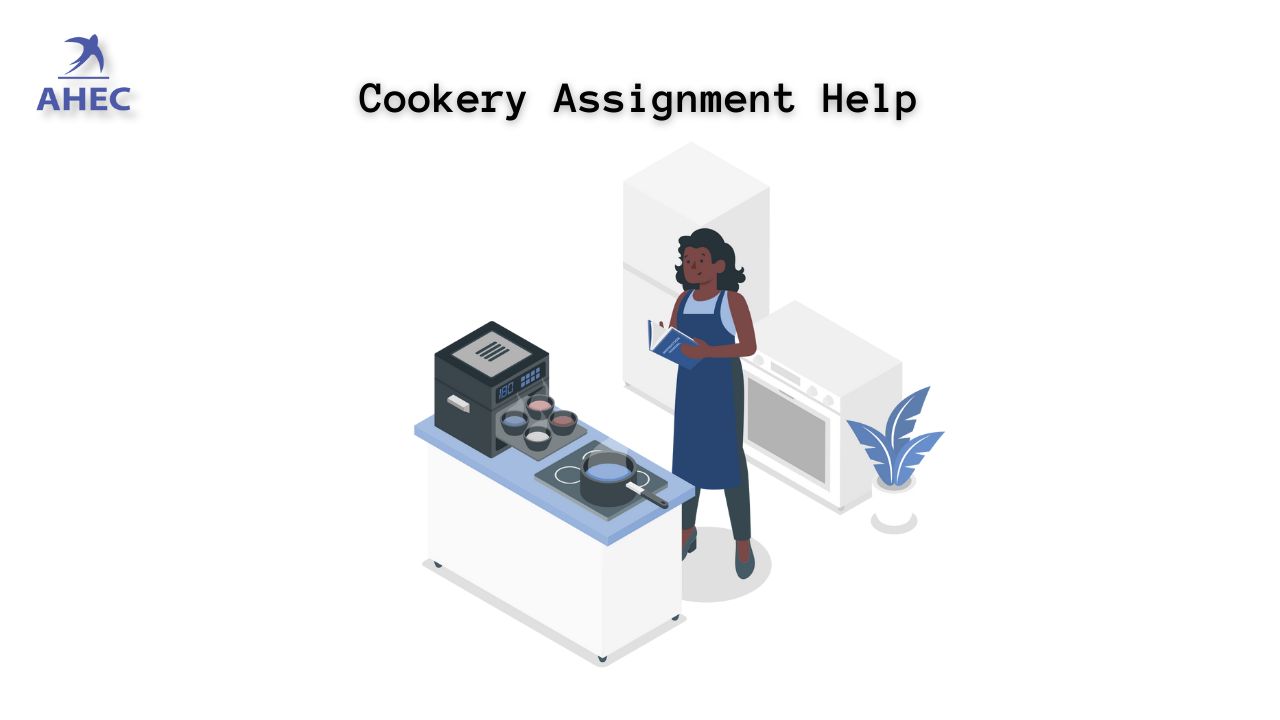

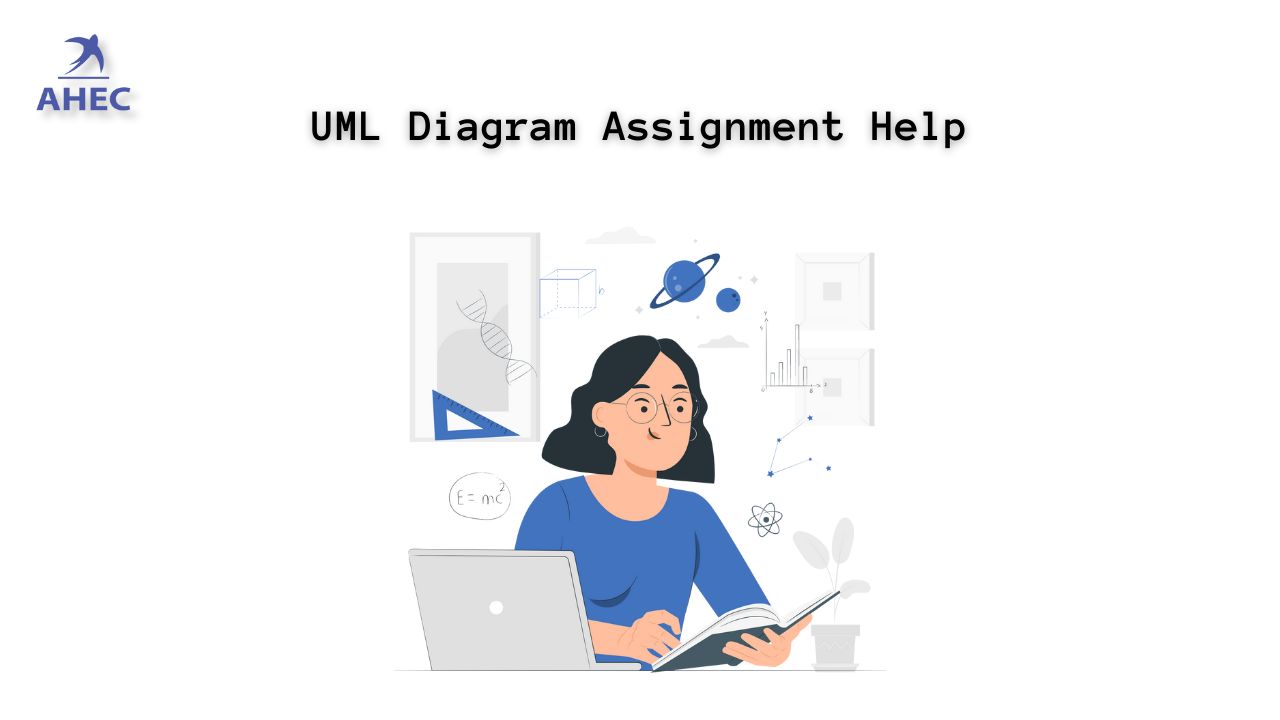

















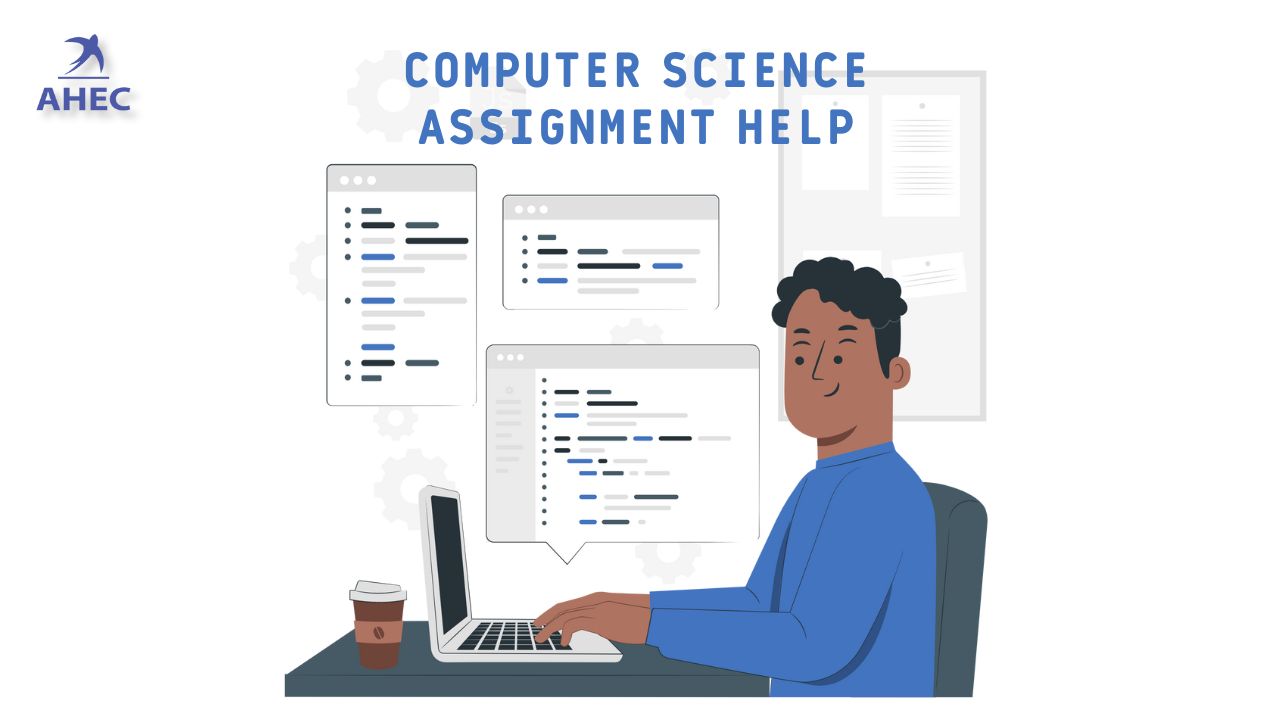














































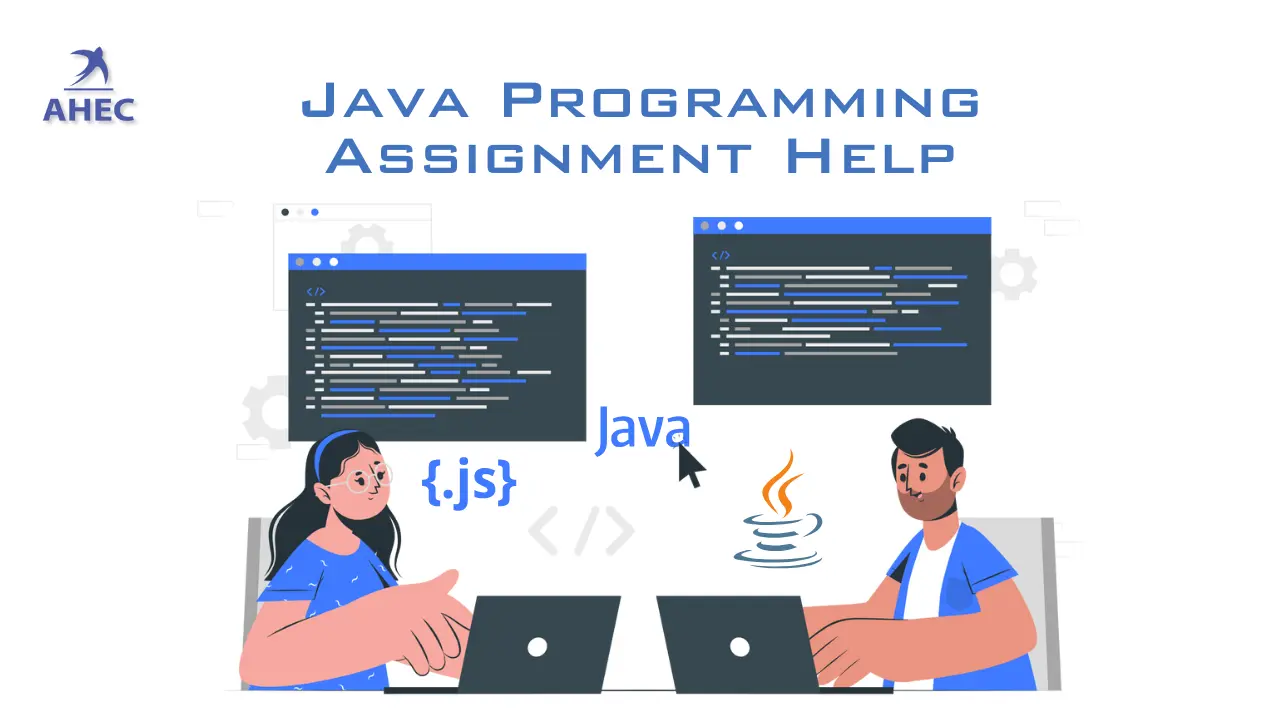

.png)









